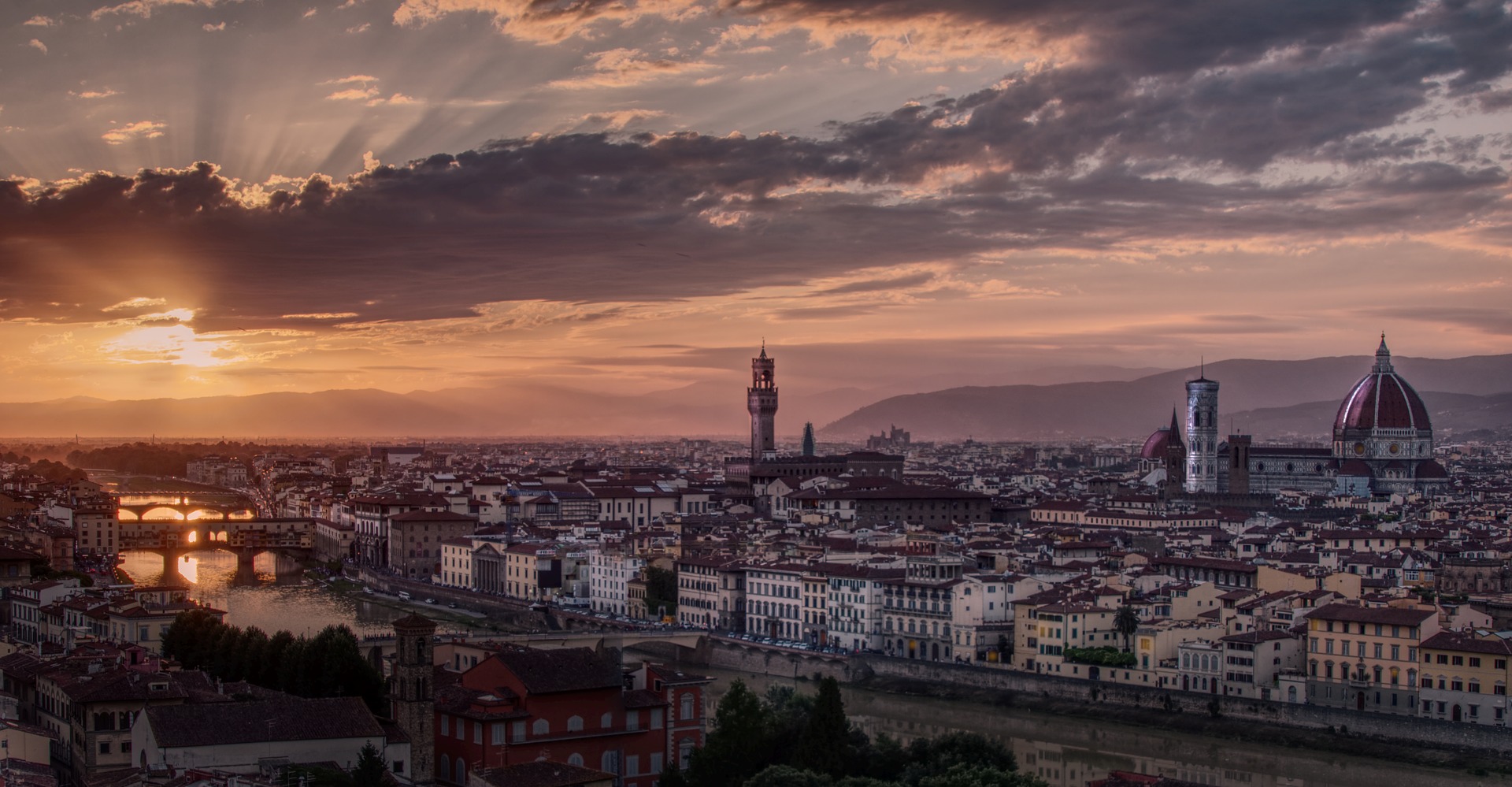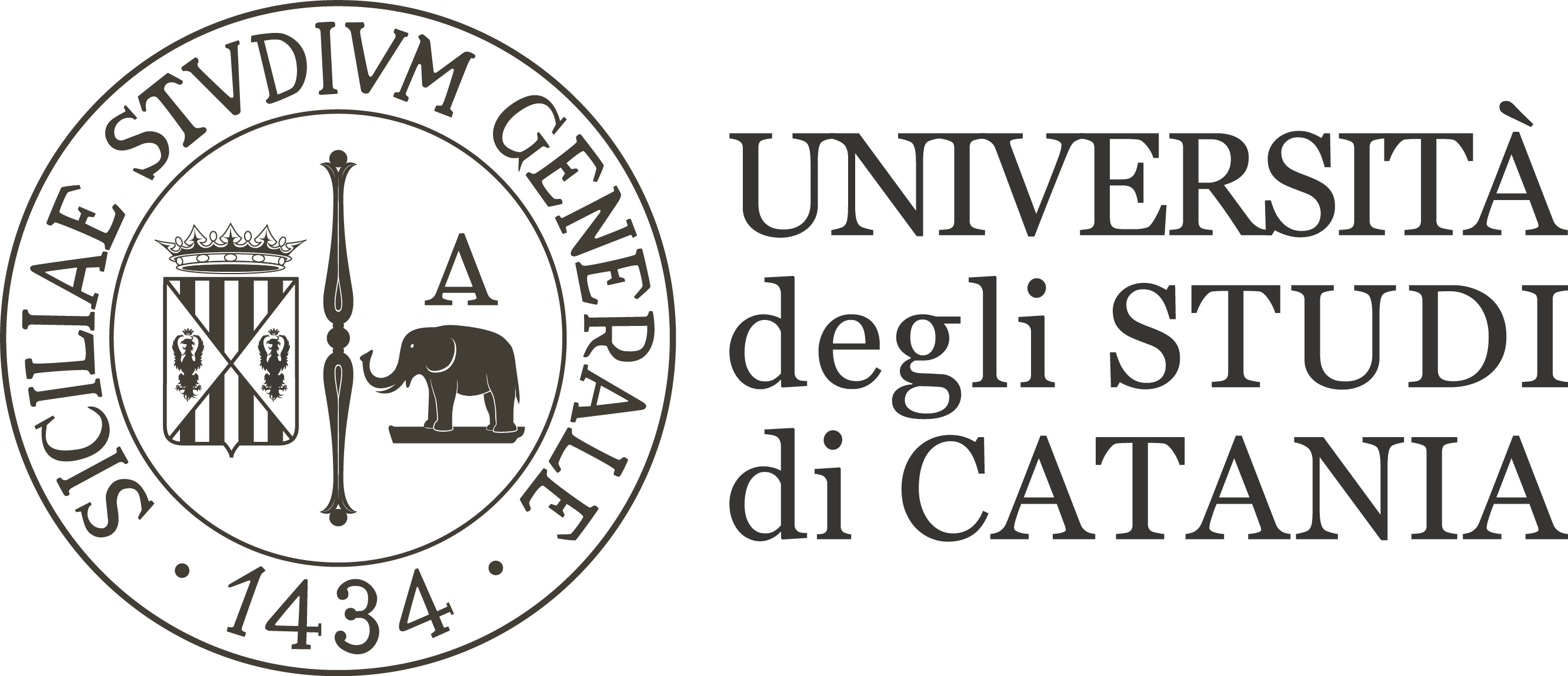International Workshop
Rethinking culture and creativity in the technological era
Rethinking culture and creativity in the technological era
Rethinking Culture and Creativity in the
Technological Era
International Workshop
20th-21st February 2020
University of Florence
Context
Over the last decades, a stream of the literature of the cultural and creative economy has been devoted to investigating its role for local development, economic growth and innovation. Culture and creativity have been studied as resources for regeneration of products, sectors and places and elements to favour the transformation of the economic structure of cities and regions. However, the relationship between culture and economy is facing a new phase based on an increasing connection between culture, creativity and technological innovations. We are beginning a New Era where cultural organisations should afford different challenges emerged from the diffusion of digital technology.
This rapid revolution leads cultural institutions to rethink their role in the contemporary economic context. Productive forms change and new intangible added values are generated based on symbolic value and identity where creativity, technology transfer and craftsmanship are crucial components. The combination of craftsmanship and new technologies stimulates a new ecosystem for innovation, capable of creating value and different typologies of entrepreneurship. The digital revolution requires to respond to a new demand for cultural contents derived by the public of the digital communities and social networks.
Given these considerations, we ask: how the digital revolution may affect the cultural and creative sectors? What are the new challenges for the management of cultural heritage in the technological Era?
Purpose
The workshop aims to represent a space of discussion of topics related to the role of new technologies and innovation for the cultural and creative sectors. It is the first event of a pluriannual program organized in collaboration with the University of Florence, the University of Catania and the University of Campania ‘Luigi Vanvitelli’. The purpose of the program is to create a network of scholars in topics related to economics and management of culture and creativity and to contribute to the current debate and emergent issues of the cultural and creative economy. The workshop welcomes theoretical and empirical papers from academics, researchers and students applying both qualitative and quantitative methodologies.
Download the call for papers
Partners:
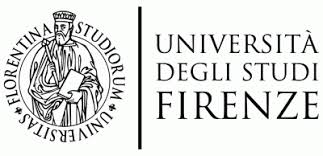 |
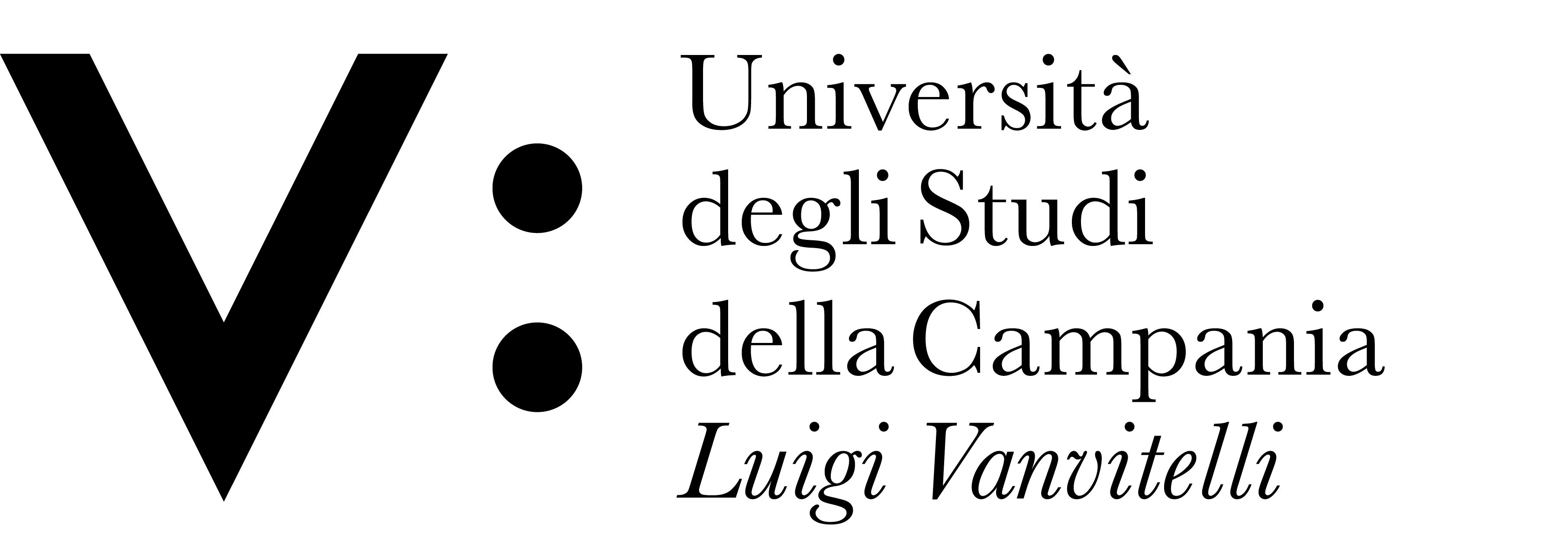 |
|
 |
|
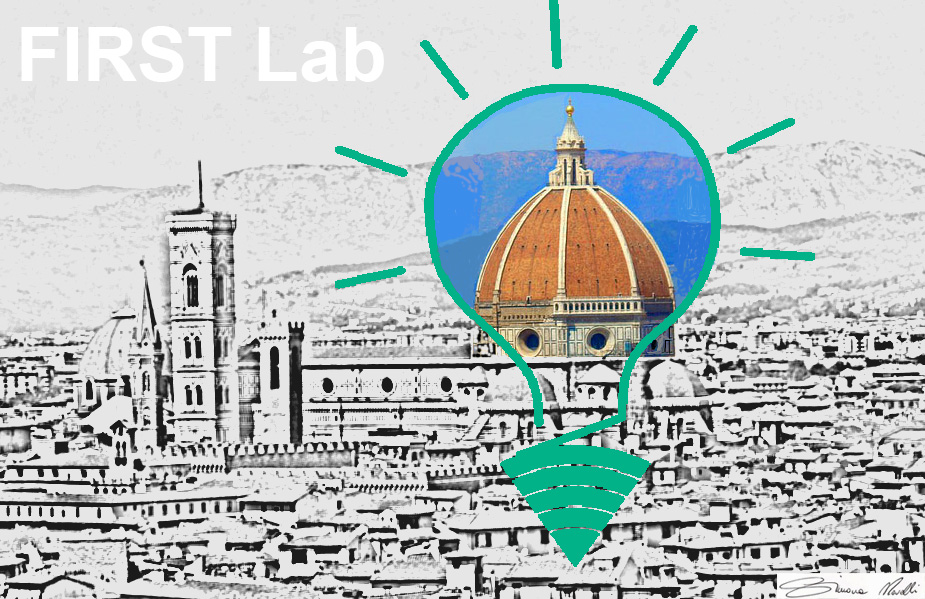
|

|

|
|
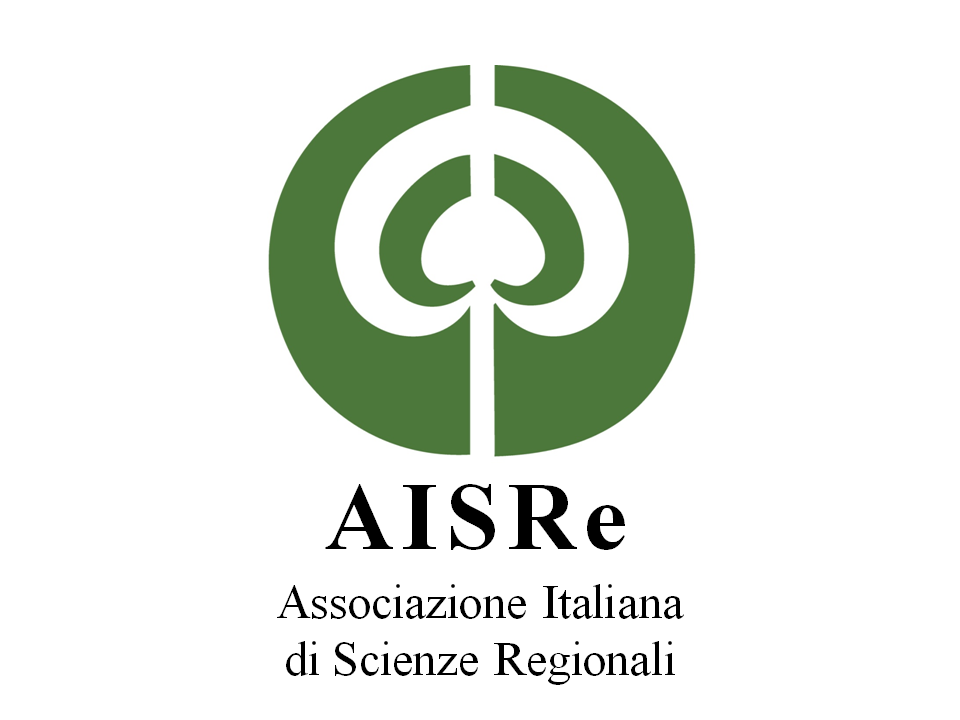 |
Società Italiana Economisti |
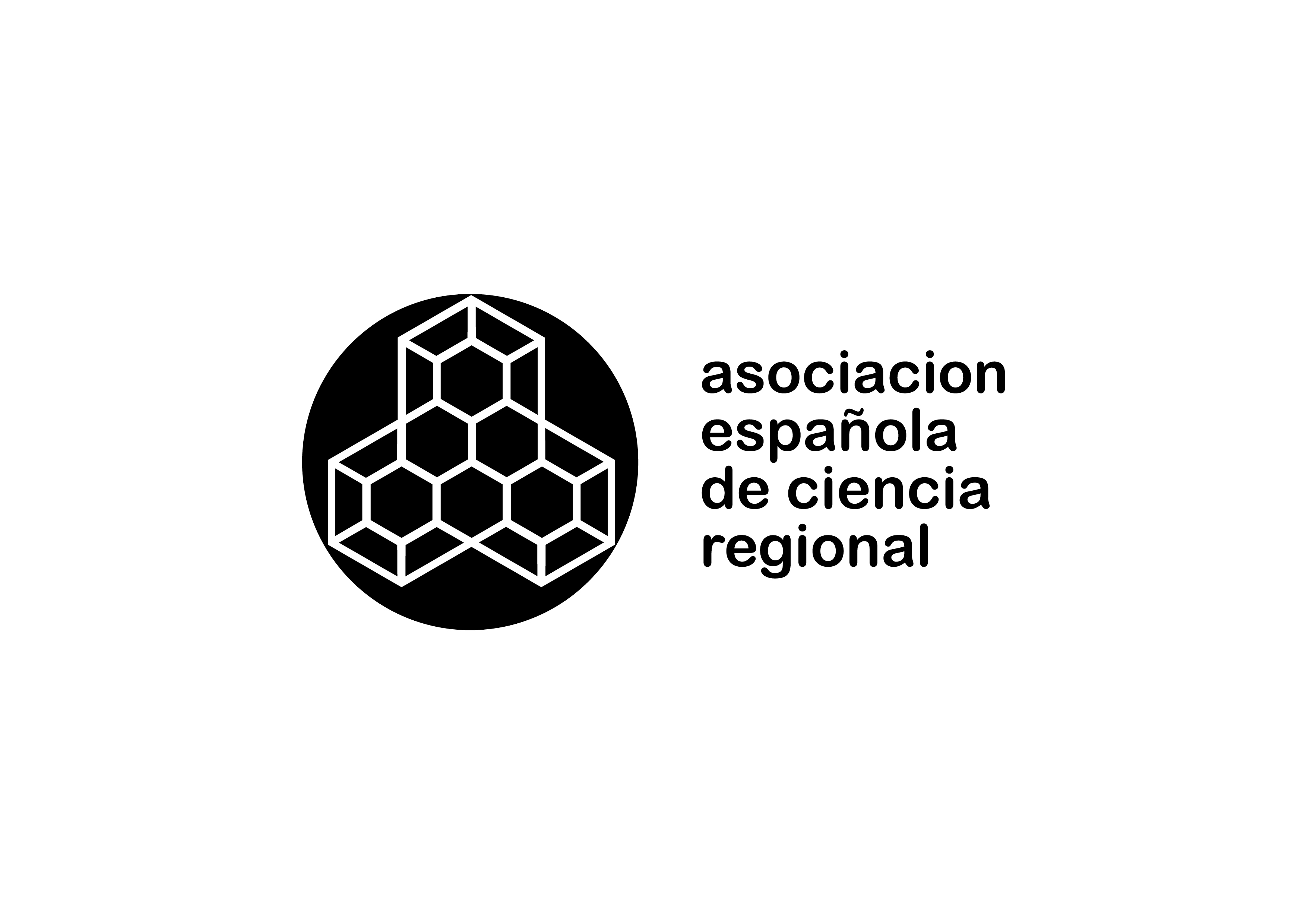 |
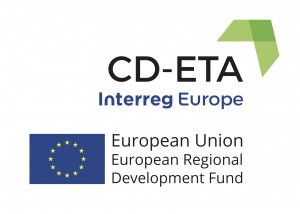
|

|

